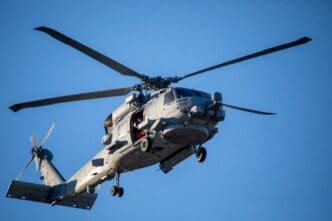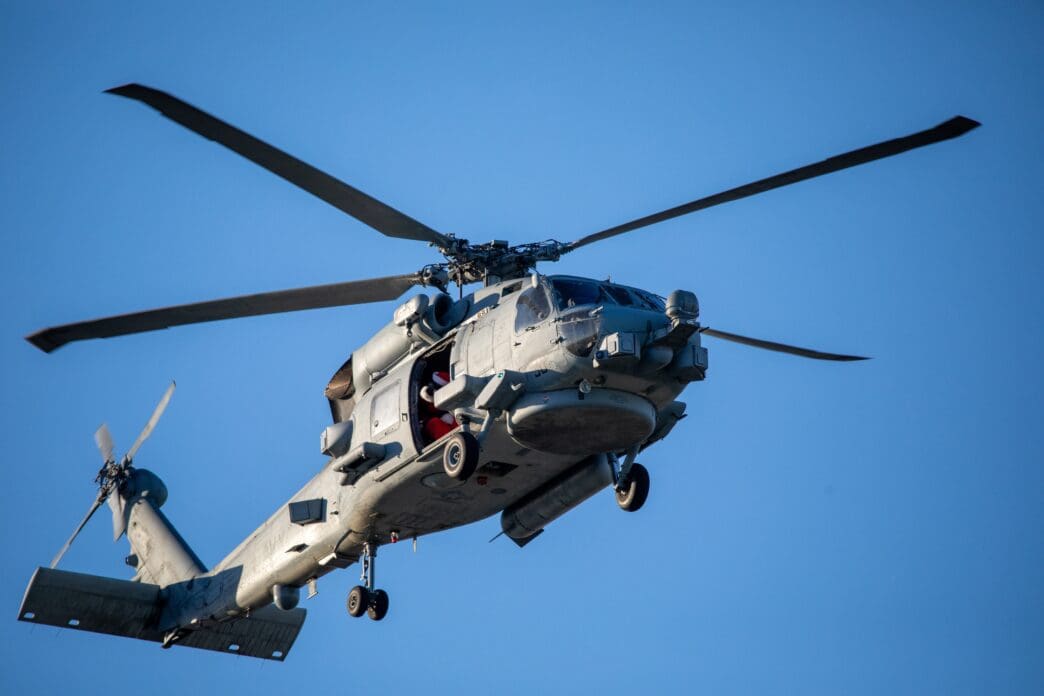Executive Summary
The Story So Far
Why This Matters
Who Thinks What?
President Donald Trump asserted on Thursday that his administration can conduct military strikes against alleged drug traffickers in foreign countries without a formal declaration of war from Congress. The remarks came as the U.S. has expanded its campaign against drug trafficking, including recent strikes on vessels in international waters and discussions about targeting cartel members within nations like Venezuela, escalating tensions between Washington and Caracas.
Trump stated he would not “necessarily ask for a declaration of war,” emphasizing a direct approach to combating drug flow into the country. “I think we’re just doing to kill people that are bringing drugs into our country. Okay? We’re going to kill them, you know, they’re going to be like, dead,” he said.
The President indicated he would notify Congress before initiating any operations on “land” but contended that such plans would likely not face significant opposition from lawmakers, apart from what he termed “radical left lunatics.”
Congressional Concerns and Defense Justifications
The administration’s lethal strikes on vessels in the Caribbean and East Pacific have reportedly caused unease among some lawmakers. Concerns have been raised regarding the limited evidence presented by the administration to confirm that targets were involved in narco-terrorism.
Defense Secretary Pete Hegseth, however, insisted that the military has verified each targeted boat’s involvement in drug trafficking. He also defended the decision to return two survivors of a recent strike, describing it as “standard” practice in warfare, drawing parallels to operations in Iraq and Afghanistan.
Tensions with Venezuela
Trump’s remarks coincided with a U.S. B-1 Lancer bomber flying near the coast of Venezuela on Thursday. While the President denied the U.S. sent the bomber, flight-tracking data showed the aircraft appearing within Venezuela’s flight information region for a period.
Trump expressed strong dissatisfaction with Venezuela, citing drug trafficking and the country’s alleged practice of sending prisoners into the U.S. under the previous administration.
Venezuelan President Nicolas Maduro responded to the escalating tensions by claiming his country possesses 5,000 Russian-made Igla-S anti-aircraft missiles. These short-range, low-altitude systems are designed to intercept small aerial targets, including low-flying planes, drones, and cruise missiles.
The ongoing debate over the executive branch’s authority in military engagements highlights a broader tension between presidential power and congressional oversight, particularly in the context of combating international drug trafficking and navigating complex geopolitical relationships in South America.








